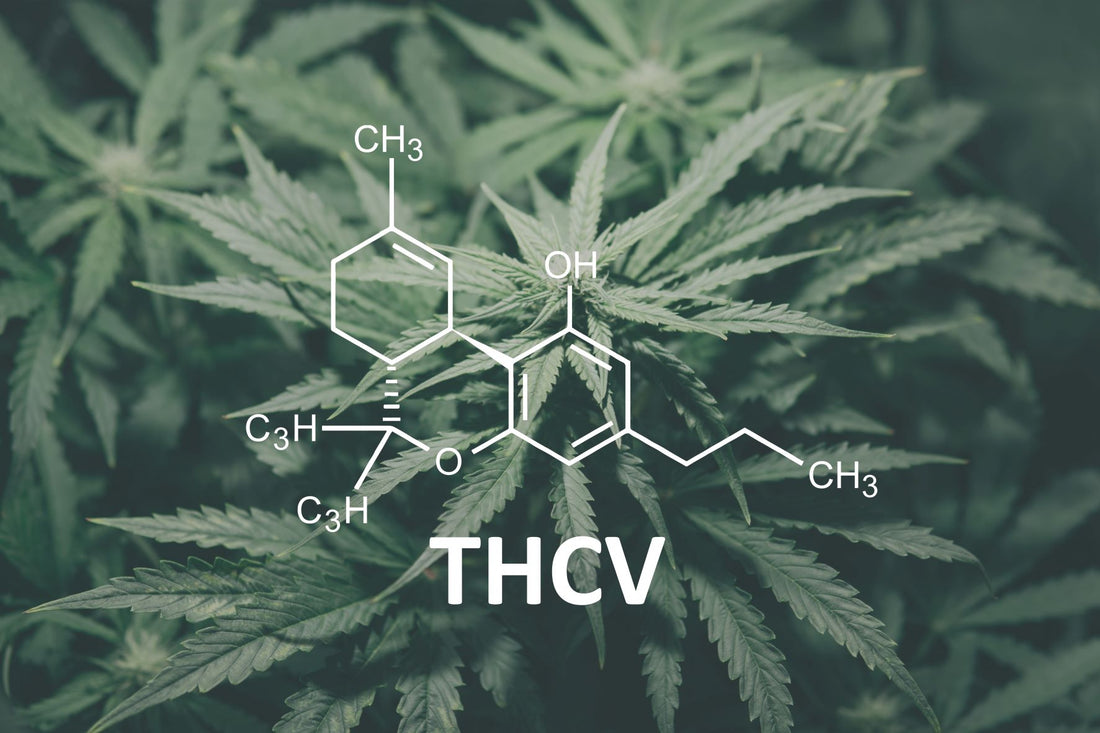
How Does THCV Interact With Your Body?
Share
THCV is considered to be an inverse agonist in the endocannabinoid system. This means that it has the opposite effect of an agonist, which activates a receptor and produces a response. An inverse agonist, on the other hand, binds to the same receptor as an agonist, but instead of activating it, it reduces or blocks the receptor's activity.
In the case of THCV, it is thought to be an inverse agonist of the CB1 receptor. CB1 receptors are found primarily in the brain and are responsible for many of the psychoactive effects of THC. When THC binds to CB1 receptors, it activates them and produces feelings of euphoria and altered perception.
THCV, on the other hand, is thought to bind to the same CB1 receptors but instead of activating them, it reduces their activity. This is why THCV is not considered to be psychoactive and may even counteract the psychoactive effects of THC.
This inverse agonist property makes THCV a unique cannabinoid with therapeutic potential. The ability to reduce CB1 receptor activity could be useful in treating conditions such as anxiety, seizures, and weight loss.
However, it's important to note that more research is needed to understand how THCV specifically works in the body and how it can be effectively used for medical treatment. But the early studies are promising and THCV is considered as a potential treatment for several medical conditions.

